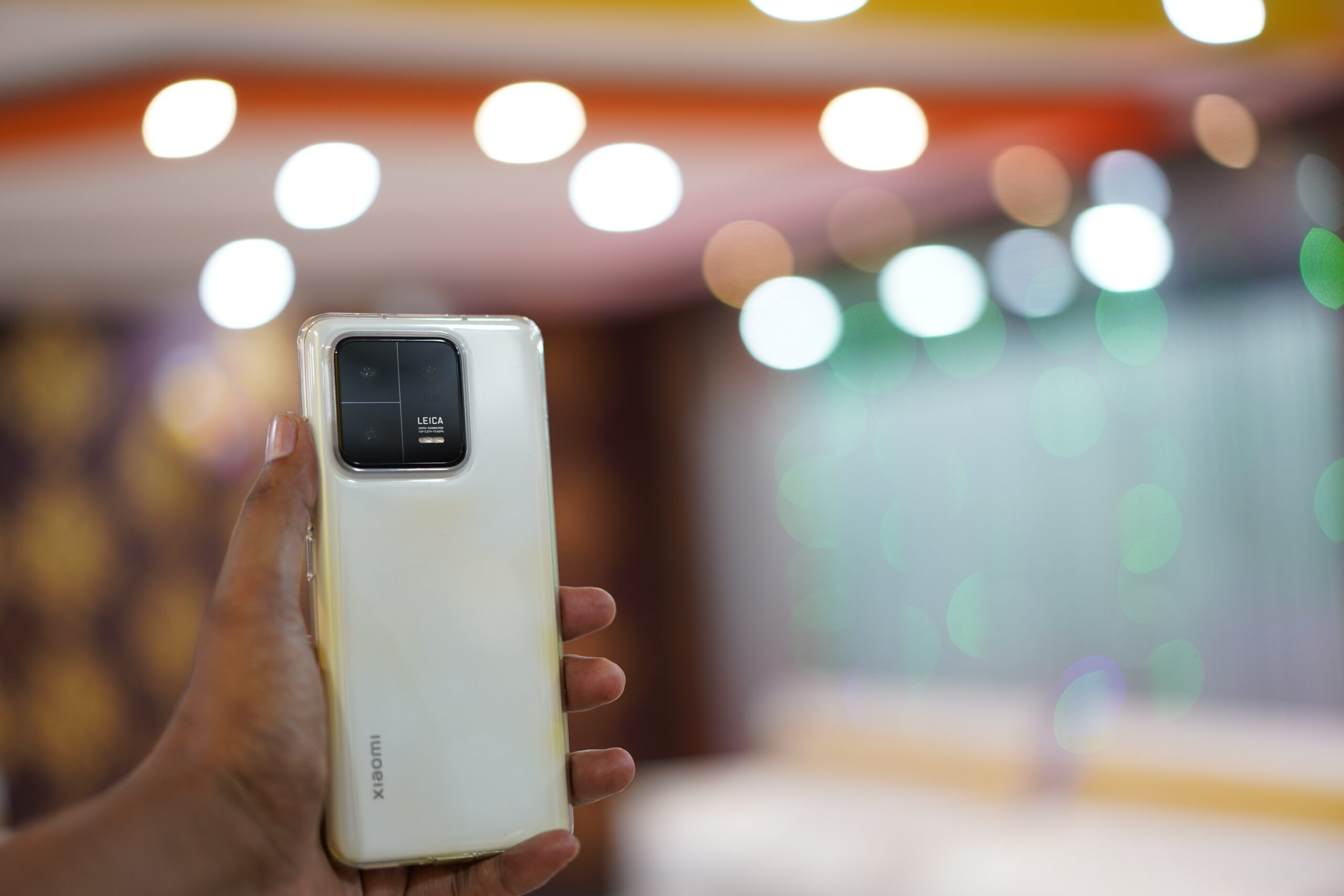Understand the risks of this practice. It is more dangerous than it seems.
With the advent of smartphones, it’s not uncommon to see people sitting in a restaurant not talking to their significant other, or just someone with a group of friends looking a little disconnected and out of touch. These people are often glued to their smartphones.
This type of harmful behavior is called “phubbing.” Phubbing is a compound word made up of phone and snubbing. This term refers to the act of ignoring another person to use their cell phone. If two people do this at the same time, it is called double-phubbing. Continue reading the text and understand this problem better.

Coexistence problem
A study conducted by Turkish psychologists assessed the effect of this danger on couples. In a study published in the journal Computers in Human Behavior, researchers Suat Kılıçarslan and İzzet Parmaksız interviewed about 700 people between the ages of 20 and 60.
Research shows that couples who suffer from phubbing are less satisfied in their marriages than those who do not. Factors such as effective listening and empathy have positive relationships with behavior and marital satisfaction, and phubbing affects these practices. However, the problem does not end with romantic relationships, but can affect friendships, relationships with children and even other family members.
Yeslam Al-Saggaf, a professor at Charles Sturt University in Australia and author of The Psychology of Phubbing, wrote an article for The Conversation about the effects of phubbing on various domains. According to him, people tend to ignore those closest to them. For example, spouses were the most neglected of all the study participants, followed by close friends, siblings, children and parents. Younger people tended to ignore others more than older people, but there was no significant difference in the frequency with which men and women switched from face-to-face interactions to cell phone interactions.
Effects on children
The researcher explained that when parents ignore their children in favor of their phones, they are sending a message that they are not interested. In this sense, the lack of acceptance of children makes them feel alienated and isolated from society, which is associated with lower life satisfaction and increased anxiety and depression.
Depressed children are more likely to become addicted to their smartphones and exhibit hostile online behavior, such as bullying their peers. Research shows that some even experience academic lethargy. In this case, the family violates the person’s expectations of their relatives and this makes them feel insignificant in their future relationships.
According to the professor, this harms these young people's relationship with puberty, reduces their satisfaction with being alive and increases feelings of loneliness, which can lead to the risk of psychological illnesses.
How to reduce the dangers?
If someone in your circle of friends is ignoring you to frequently stay on their phone, the first step is to try to talk to them calmly and respectfully. Tell them how much their behavior is bothering you and that you would like more attention from them.
If this fails, more measured action is needed, as can happen when a person is addicted to their cell phone. Set limits if necessary. For example, if it is your child, impose a ban on using the phone at certain times, such as while eating or at bedtime. Now, if the case does not improve even this way, the tip is to seek help from mental health professionals.



